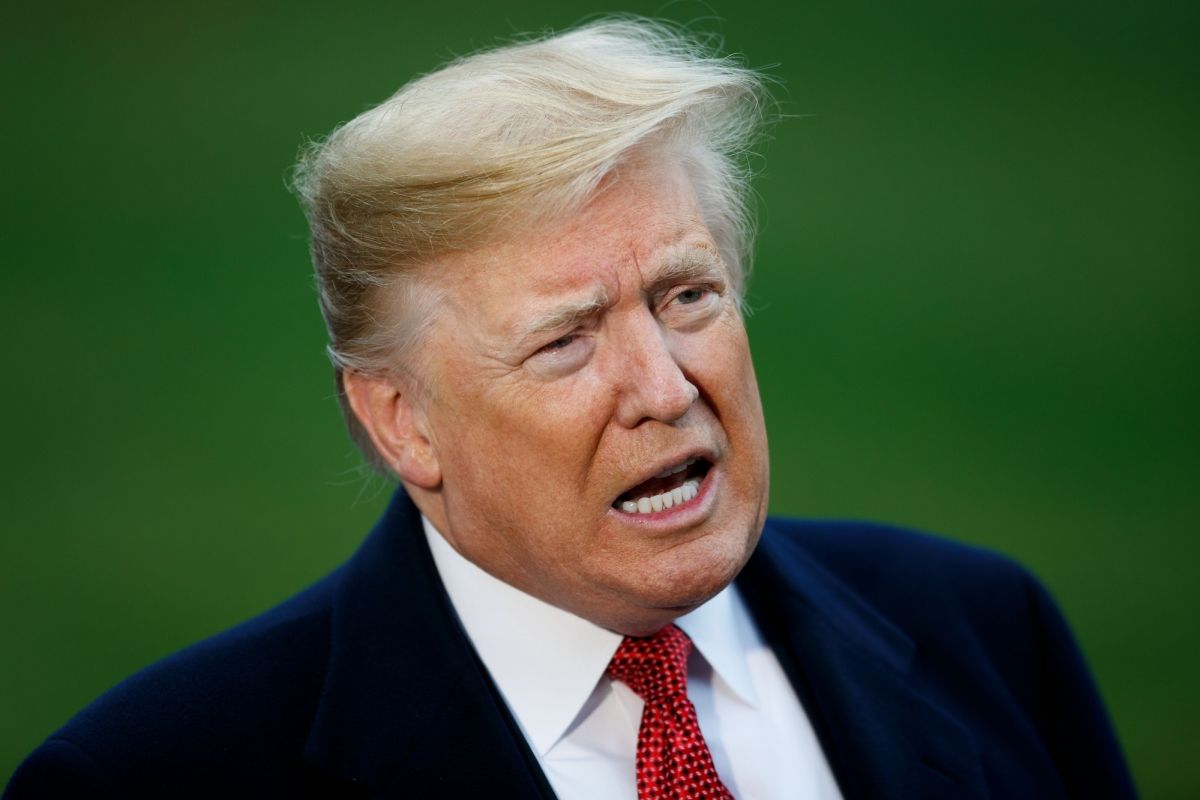Vance’s India visit first in 12 years by an American Vice Prez
US Vice President J.D. Vance and his Indian-descent wife Usha Vance will visit India later this month, according to a US news report.
The Trumpian gambit has been anything but fruitful.

U.S. President Donald Trump. (File Photo: IANS)
Donald Trump has got rid of a hardliner through the dismissal of John Bolton, the President’s third National Security Adviser in less than four years in power.
While pivotal appointments are often off the merry-go-round, the occasional shuffling of the team underlines the discord at the helm of the White House and the State Department over dealing with the seemingly intractable storm centres, primarily North Korea, Iran and Afghanistan.
Advertisement
The disagreements, therefore, relate to the major diplomatic and geopolitical contretemps, and Mr Bolton is a hardliner who considers North Korea and Iran as “profoundly untrustworthy”.
Advertisement
For all that, we do not know whether the NSA has resigned, as he claims, or has been moved out by the President, as impetuous in matters diplomatic as he has been in domestic affairs.
Yet we do know that Mr Trump and Mr Bolton had reached a parting of the ways and that the name of the next NSA will be announced vey shortly.
Tuesday’s development has been generally welcomed in Washington and even by ardent Republicans. Indeed, the rare presidential initiative has been accepted even by those who are opposed to the Trumpian praxis of governance.
The cancelled summit with the Taliban at Camp David, announced by Mr Trump last weekend, was immediately suspected as the trigger for Mr Bolton’s exit. He had reportedly been excluded from key meetings on Afghanistan and was known to have opposed the deal concluded in Doha.
The White House has admitted that there were “many, many issues” of contestation. The two clashed on North Korea and Iran, with Mr Trump recently calling off an airstrike on Iran at the last minute.
Mr Bolton had favoured the airstrike. Nor for that matter was the President impressed by Mr Bolton’s hostility towards Russia, or by the failure to deliver what he had anticipated as an easy win ~ the attempt to dethrone Nicolás Maduro in Venezuela. In Iran and North Korea, in Afghanistan and Venezuela, the serial crises shall fester for a long while yet.
Mr Trump is no less belligerent than those who head the storm-centres. A change in America’s dramatis personae is unlikely to yield dramatic results anytime soon. North Korea’s Kim Jong-un remains ever so belligerent; in Afghanistan, the Taliban had greeted the deal with the US by killing as many as 12 innocents, including an American; Venezuela remains an uncertain quantity amidst the prolonged turmoil; and Iran has resumed the enrichment of uranium to the consternation of Mr Trump.
It is open to question whether the National Security Adviser’s rigidity had served to exacerbate the deepening crisis in four countries. More accurately, the US President hasn’t quite covered himself with glory in the realm of foreign policy.
The Trumpian gambit has been anything but fruitful.
Advertisement